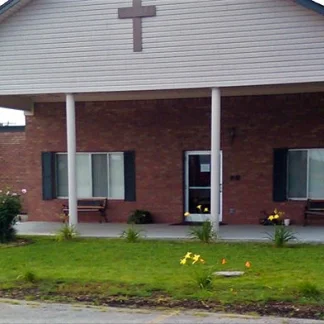Mission Teens - Gods New Life MBTC
Marked Tree, Arkansas, 105 Hinson Road, 72365
Available Programs
- Adult program
- Program for men
- Program for women
- Young adult program
Insurance and Financial
- Self-pay options
- Sliding scale payment assistance
- Medicaid
- Medicare
- Free
About this Facility
Mission Teens - God’s New Life MBTC, located in Marked Tree, Arkansas, provides a faith-based approach to transformation through life's challenges. If a person needs acute interventions, they may need to be referred to an alcohol or drug rehab center.
Mission Teens – God’s New Life MBTC accepts individuals who seek a transformation. Their programming is offered in a residential format.
The residential program functions as a Christian ministry program based on the teachings of Jesus Christ. The foundation of the program is the power of transformation through God and the Bible. Participants spend five and a half hours per day studying the Bible. Individuals who are new to the program are guided by staff and by residents that have been in the program for an extended period of time.
Mission Teens – God’s New Life MBTC invites calls to discuss fees and/or free services for their program. Out of network benefits may vary, so it’s important to verify coverage with your provider prior to enrolling in care.
Contact us for more information: (870) 358-4851

Contact Mission Teens - Gods New Life MBTC
Connect with Mission Teens - Gods New Life MBTC by calling their admissions team directly.
(870) 358-4851 Website Get Directions